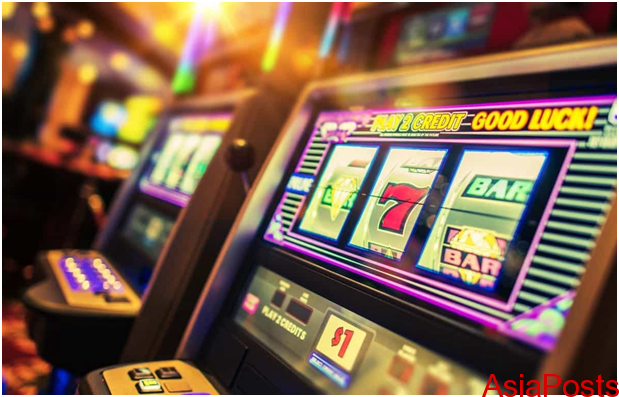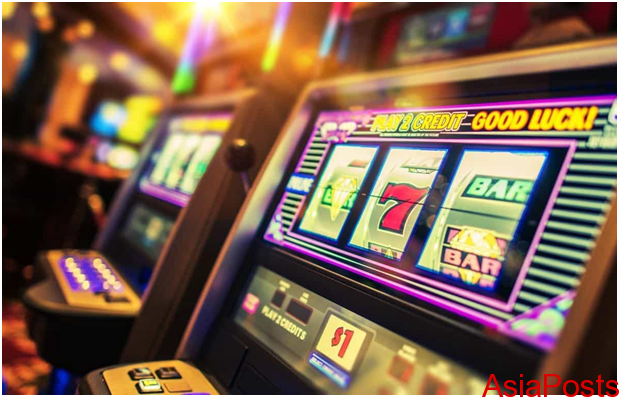[ad_1]
Mr Nishida’s new project to set up a separate facility for children exposed to traumatic events became viable after the central government revised the law to step up support for such children until they reach the age of 22.
For a start, Nr Nishida aims to take in six adolescents, mainly from his orphanage, although he is willing to accommodate others who have needs.
While they provide hot meals, warm beds, and educate the children, orphanages in Japan are not equipped to provide mental health therapy. This is despite orphanages in Japan housing mainly children who are victims of abuse and neglect at home, who often demonstrate signs of traumatic stress.
Children with a clear need for psychiatric help are admitted to specialised institutes.
Mr Nishida said: “The younger they are, the higher the chances are for them to eventually become self-sufficient. We will try to bring the young hikikomori over here, help them learn how to do chores, then help them go out. It will be hard, but we hope they can mix in society.”
He has enlisted the help of Mr Oshikawa.
But Mr Nishida said without support for families, his new facility may only address the symptoms of the issue.
“I believe the problem is in the family. We should not only care for the children. I believe we need to support each household,” he said.
According to the Health Ministry, one in 30 people has mental health issues in Japan. One in five will have a mental illness during their lifetime, the Health Ministry added.
In Kitakyushu, Mr Nishida aims to create a network of support with Mr Oshikawa’s expertise.
“Emotional, intellectual, mental disorders tend to run in their parents. I notice a pattern. If the parents have disabilities, illnesses, it’s often the case that their children have them,” he said.
Watch CNA Leadership Summit live on 10 October 2022 from 1.30pm SGT via cna.asia/leadership-summit.
[ad_2]




















































